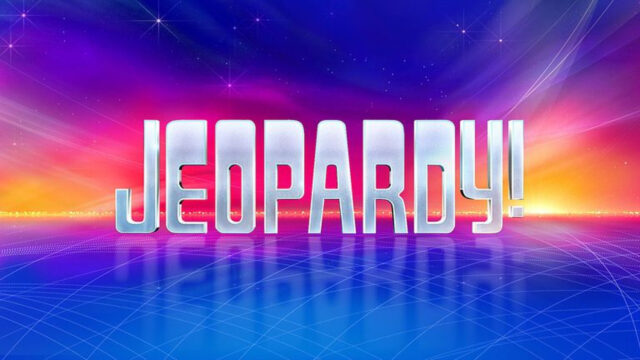Alex Trebeck had died on Sunday November 8, 2020 in his home in Los Angeles. As the host of Jeopardy for decades, he became an icon by filming over 8,000 episodes of Jeopardy. The game is founded on giving an answer and then the contestant responding with a question. So, in tribute to Alex, here is the statement and the question.
• This form of writing needs to be (explicitly) present and varyingly deployed in middle and high school classrooms, whether in content classes or English language arts classes. It is not considered a genre but can be applied across any genre, whether using a 3, 5, 6, 8, or even 24 type classification system.
• What is problem-solving? A quick web search of the word ‘genre’ provides a wealth of information, perspectives, and classification systems. At Oregon State University, Ehreen Pflugfelder, an Associate Professor, notes that “genre is a term frequently used to define the elements that repeat themselves in similar kinds of movies, books, television shows, music, and more” (https://liberalarts.oregonstate.edu/wlf/what-genre); it is succinctly described as ‘typified rhetorical action’ with features that repeat over and over again. The most rudimentary classification is a three genre system: fiction, poetry, and nonfiction.
At the other extreme is a list of 24 book genre: https://self-publishingschool.com/book-genres/. The list of different genre classification systems could be nearly endless, particularly when viewed across media. In WRN, genre is not considered a critical aspect of writing; rather the software platform is agnostic to genre. The key feature highlighted in WRN is problem-solving, which is defined as a prompt based on an intellectual operation (IOs) with concepts/vocabulary used to shape the writing process (see https://www.brtprojects.org/wp-content/uploads/2016/05/TM3_Content%20Classes.pdf). We have tended to privilege a finite set of intellectual operations in the Prompt Library, but teachers can adopt/use any system they want. Another way to think of intellectual operations is to refer to Bloom’s taxonomy with six major categories: Knowledge, Comprehension, Application, Analysis, Synthesis, and Evaluation (https://tips.uark.edu/using-blooms-taxonomy/).
Either system works, but we’ve preferred the former because it’s easier to reliably classify the problem prompt. Following are six key IOs.
• Reiteration – Reproducing information exactly as written • Summarization – Generating a summary, condensation, or gist of the information • Illustration – Providing novel examples that depict similar instances • Prediction – Describing a likely event/outcome in the future • Evaluation – Making a decision/judgment using various criteria • Application – Describing how events/outcomes came about (the opposite of prediction)
Like genre, intellectual operations can be developed, adapted, adopted as teachers see fit. The key is that they become explicitly embedded in the prompt.
Moral of this blog: In problem-solving writing prompts, genre might be an important element to consider in selecting material, but it’s the intellectual operation that defines the type of problem/issue to be (re)solved.

